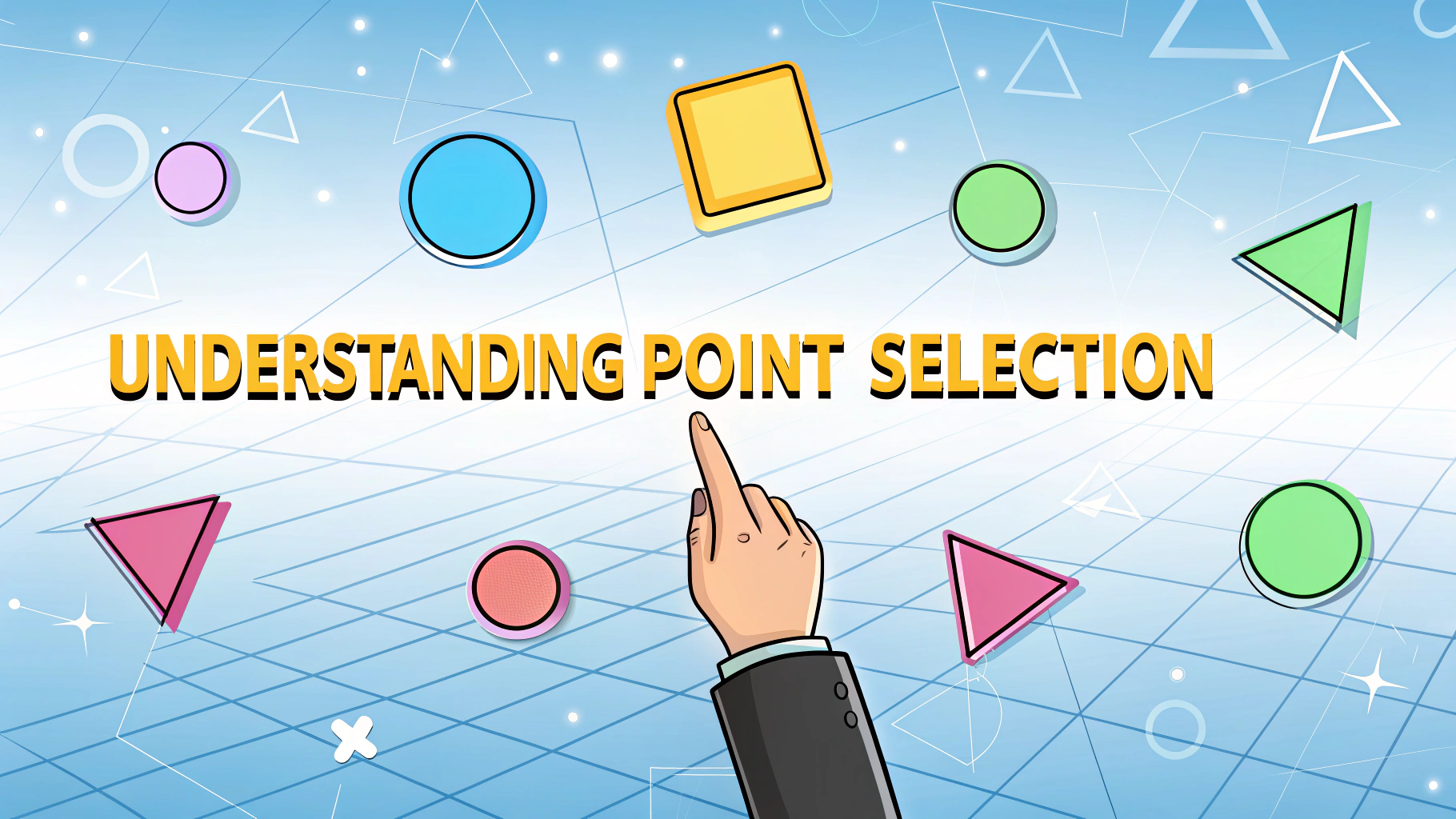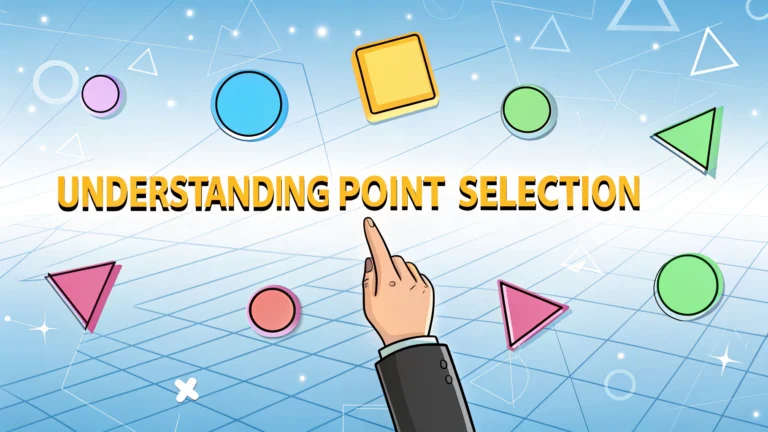Acupuncture offers a gentle yet effective approach to managing anxiety and promoting mental wellness through targeted needle placement at specific points along the body’s meridians.
Research shows this ancient practice can help reduce anxiety symptoms by regulating neurotransmitters and hormones while promoting relaxation of the nervous system.
This essential guide explores proven acupuncture protocols for anxiety relief, backed by both traditional wisdom and modern clinical studies.
How Acupuncture Helps Reduce Anxiety
Acupuncture works by stimulating specific points that influence the body’s qi (energy flow) and nervous system responses.
- Triggers release of endorphins and serotonin
- Reduces cortisol levels and stress response
- Promotes parasympathetic nervous system activation
- Regulates heart rate and blood pressure
- Improves sleep quality and duration
Key Acupuncture Points for Anxiety Relief
Point
Location
Benefits
Heart 7
Inner wrist
Calms mind, reduces palpitations
Pericardium 6
Inner forearm
Relieves nausea, anxiety
Governing Vessel 20
Top of head
Clears mind, lifts mood
Yin Tang
Between eyebrows
Promotes relaxation
Treatment Protocol Guidelines
- Initial series: 6-8 weekly sessions
- Maintenance: Monthly sessions as needed
- Session duration: 30-45 minutes
- Position: Usually lying down
What to Expect During Treatment
Each session begins with a brief consultation to assess current anxiety levels and symptoms.
The practitioner inserts hair-thin needles at selected points while you rest comfortably.
Many patients report feeling deeply relaxed during treatment, often falling into a peaceful sleep.
Supporting Practices
- Deep breathing exercises between sessions
- Regular sleep schedule
- Moderate exercise
- Balanced nutrition
- Stress management techniques
Finding a Qualified Practitioner
Look for certification from the National Certification Commission for Acupuncture and Oriental Medicine (NCCAOM).
Contact your state’s acupuncture board for licensed practitioners in your area.
Schedule an initial consultation to discuss your specific anxiety symptoms and treatment goals.
Your Path to Mental Wellness
Track your progress with a symptom diary to monitor improvements over time.
Combine acupuncture with other anxiety management strategies for optimal results.
For emergency anxiety support, contact the National Alliance on Mental Health (NAMI) Helpline: 1-800-950-NAMI (6264).
Safety and Precautions
While acupuncture is generally safe, certain conditions require special consideration.
- Inform practitioner about medications and medical conditions
- Avoid treatment if you have bleeding disorders
- Discuss pregnancy with your practitioner
- Report any discomfort during sessions
Insurance and Cost Considerations
Many insurance plans now cover acupuncture treatment for anxiety management.
- Average session cost: $75-150
- Package deals often available
- Check insurance coverage beforehand
- FSA/HSA typically accepted
Integrating with Traditional Therapy
Acupuncture works well alongside conventional anxiety treatments.
- Complementary to counseling/therapy
- Can support medication management
- Enhances mindfulness practices
- Provides holistic treatment approach
Embracing Your Wellness Journey
Acupuncture offers a natural pathway to managing anxiety and restoring mental balance. With consistent treatment and integration of supporting practices, many find significant relief from anxiety symptoms.
Remember that healing is a personal journey, and results may vary. Stay committed to your treatment plan and maintain open communication with your healthcare providers.
Consider joining support groups or online communities to connect with others using acupuncture for anxiety management.
FAQs
- How does acupuncture help with anxiety?
Acupuncture works by stimulating specific points that regulate the nervous system, releasing endorphins and promoting relaxation. It helps reduce stress hormones like cortisol while increasing feel-good neurotransmitters like serotonin. - How many acupuncture sessions are needed to treat anxiety?
Most patients notice improvements after 6-8 sessions, though some may experience relief after 2-3 treatments. A typical treatment plan involves weekly sessions for 8-12 weeks, followed by maintenance sessions as needed. - What are the most common acupuncture points for anxiety treatment?
Key points include Heart 7 (Shenmen), Pericardium 6 (Neiguan), Governing Vessel 20 (Baihui), Kidney 3 (Taixi), and Spleen 6 (Sanyinjiao), which collectively help calm the mind and regulate emotional balance. - Is acupuncture for anxiety covered by insurance?
Many insurance plans now cover acupuncture treatment, though coverage varies. It’s best to check with your insurance provider about specific coverage for mental health-related acupuncture treatments. - Are there any side effects of acupuncture treatment for anxiety?
Side effects are generally minimal and may include slight bruising, minor soreness at needle sites, or temporary fatigue. Serious adverse effects are extremely rare when performed by licensed practitioners. - Can acupuncture be combined with other anxiety treatments?
Yes, acupuncture can safely complement other anxiety treatments including medication, therapy, and lifestyle changes. Always inform your acupuncturist about other treatments you’re receiving. - How long does each acupuncture session for anxiety last?
A typical session lasts 30-60 minutes, with the needles usually remaining in place for 20-30 minutes. Initial consultations may be longer to assess your condition and develop a treatment plan. - What should I expect during my first acupuncture session for anxiety?
Your first session will include a detailed health history review, pulse and tongue examination, and discussion of your anxiety symptoms. The actual treatment involves the gentle insertion of thin needles at specific points, followed by a period of rest. - How soon can I expect to feel results from acupuncture for anxiety?
Some patients report immediate relaxation effects after their first session, while others may need several treatments before noticing significant improvements. The timing varies based on individual conditions and severity of symptoms. - Do the needles used in anxiety treatment hurt?
Most patients experience minimal to no pain during insertion. The needles are extremely thin, and any initial sensation typically subsides quickly. Many patients report feeling deeply relaxed during treatment.
Author: AcupunctureMy
Related Posts
Acupuncture Research Standards
Research Corner
|
methodology, science
Research standards in acupuncture have evolved significantly over the past decades to ensure reliable, evidence-based results that can be replicated across different studies. The integration of modern scientific methods with ... Read more
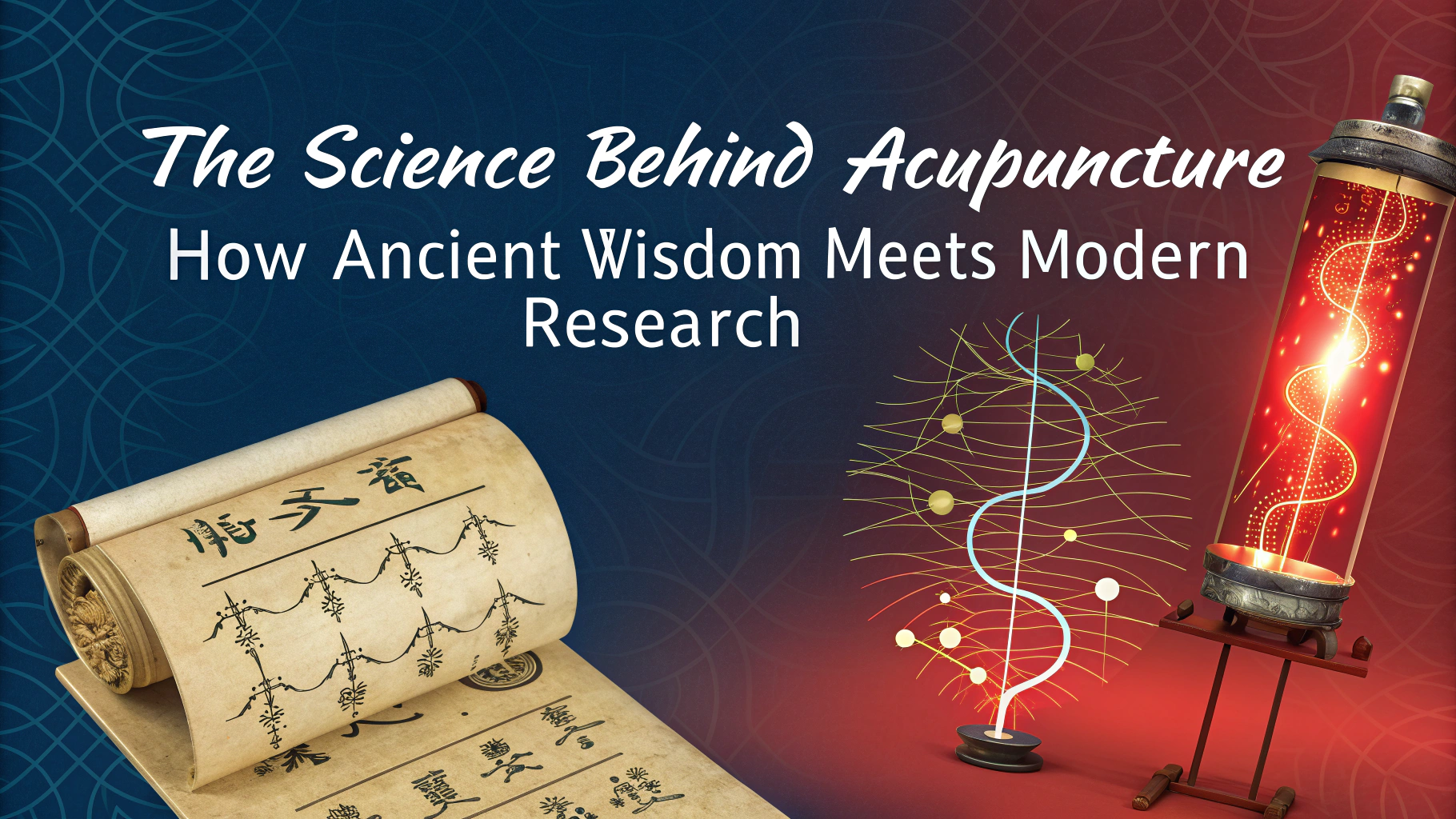
Understanding Treatment Duration
Treatment Guides
|
expectations, planning
The length of an acupuncture treatment plan varies significantly based on individual health conditions and treatment goals. A typical acupuncture session lasts between 30-60 minutes, with the needles remaining in ... Read more
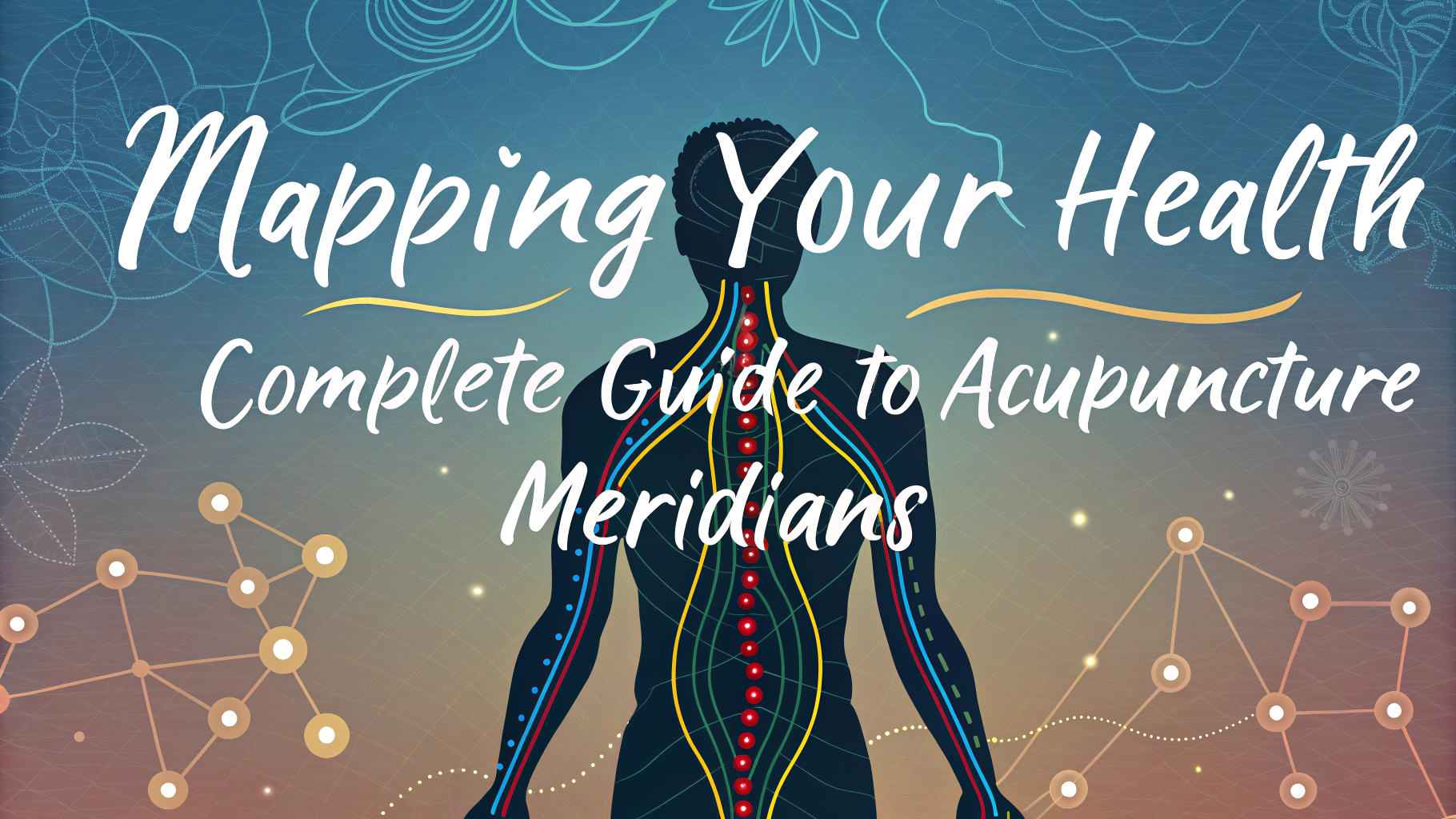
Traditional Chinese Medicine Weather Theory
Fundamentals
|
environment, health
Traditional Chinese Medicine (TCM) recognizes intricate connections between weather patterns and human health, developing sophisticated frameworks for understanding these relationships over thousands of years. Weather changes can significantly impact our ... Read more
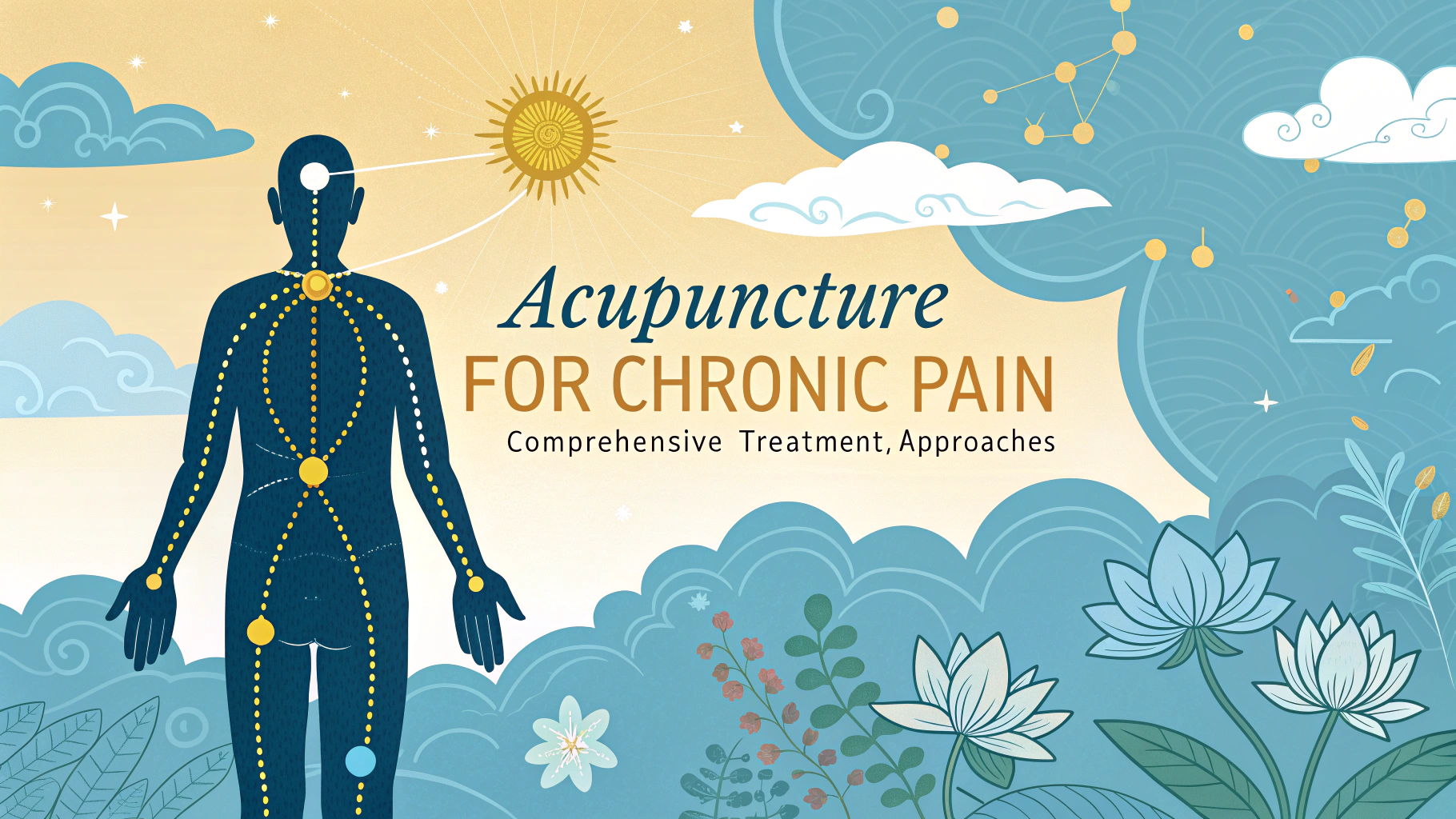
Acupuncture for Sinus Health
Conditions Treated
|
allergies, respiratory
Acupuncture offers a time-tested approach to managing sinus problems by targeting specific pressure points that can help relieve congestion, reduce inflammation, and restore proper sinus function. Traditional Chinese Medicine views ... Read more
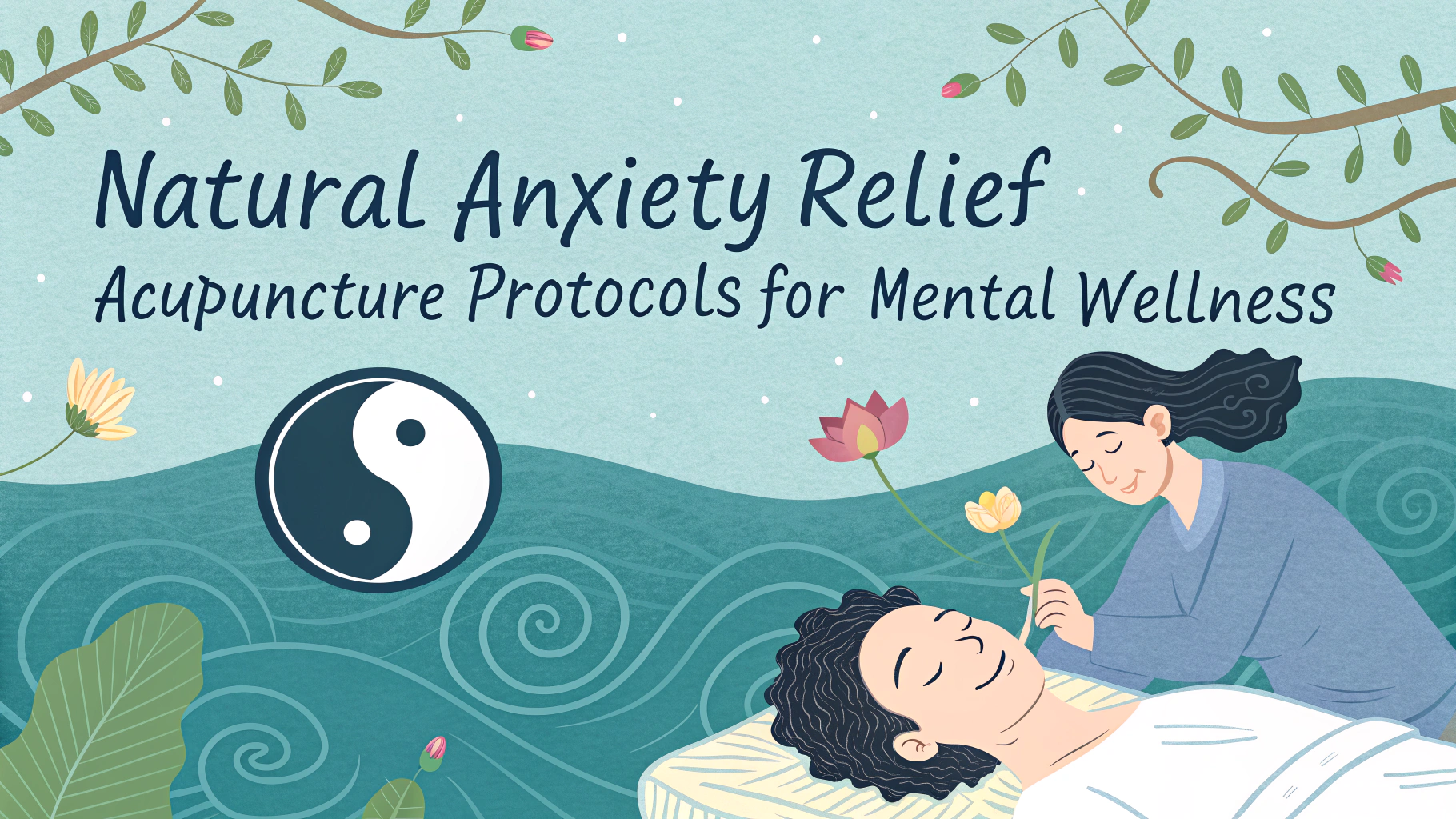
Understanding Point Selection
Fundamentals
|
technique, theory
Point selection stands as one of the most important aspects of effective acupuncture treatment. Skilled practitioners combine traditional wisdom with modern understanding to identify the optimal points for each patient’s ... Read more
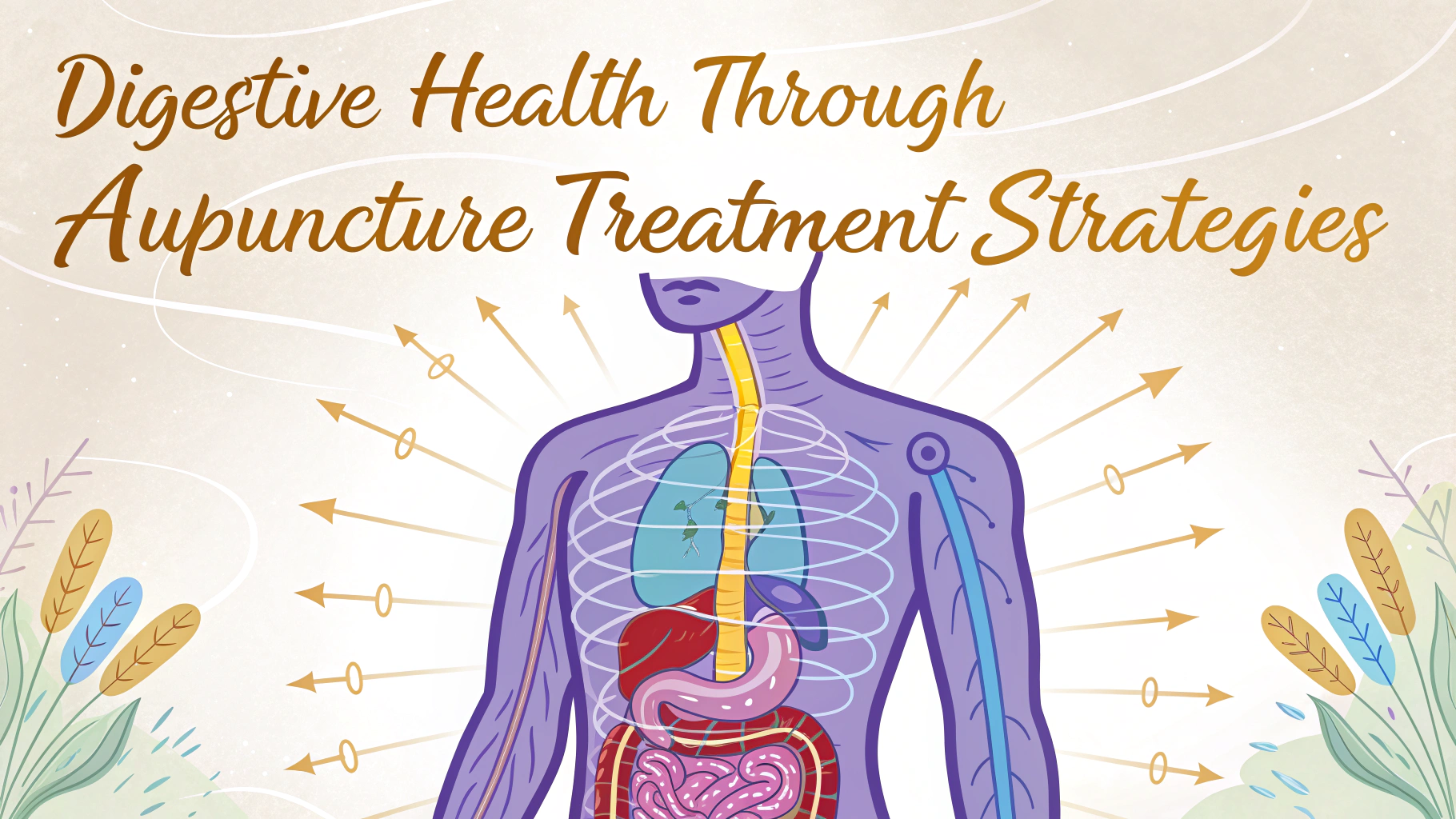
Treating Computer-Related Pain
Conditions Treated
|
ergonomics, pain
Computer-related pain affects millions of people who spend long hours working at their desks. Acupuncture offers a natural, effective treatment option for various musculoskeletal issues that develop from prolonged computer ... Read more

Acupuncture for Lymphatic Health
Conditions Treated
|
circulation, immunity
Acupuncture offers a time-tested approach to supporting lymphatic health through strategic needle placement and gentle stimulation techniques. This ancient Chinese medicine practice helps activate lymph flow, reduce swelling, and enhance ... Read more
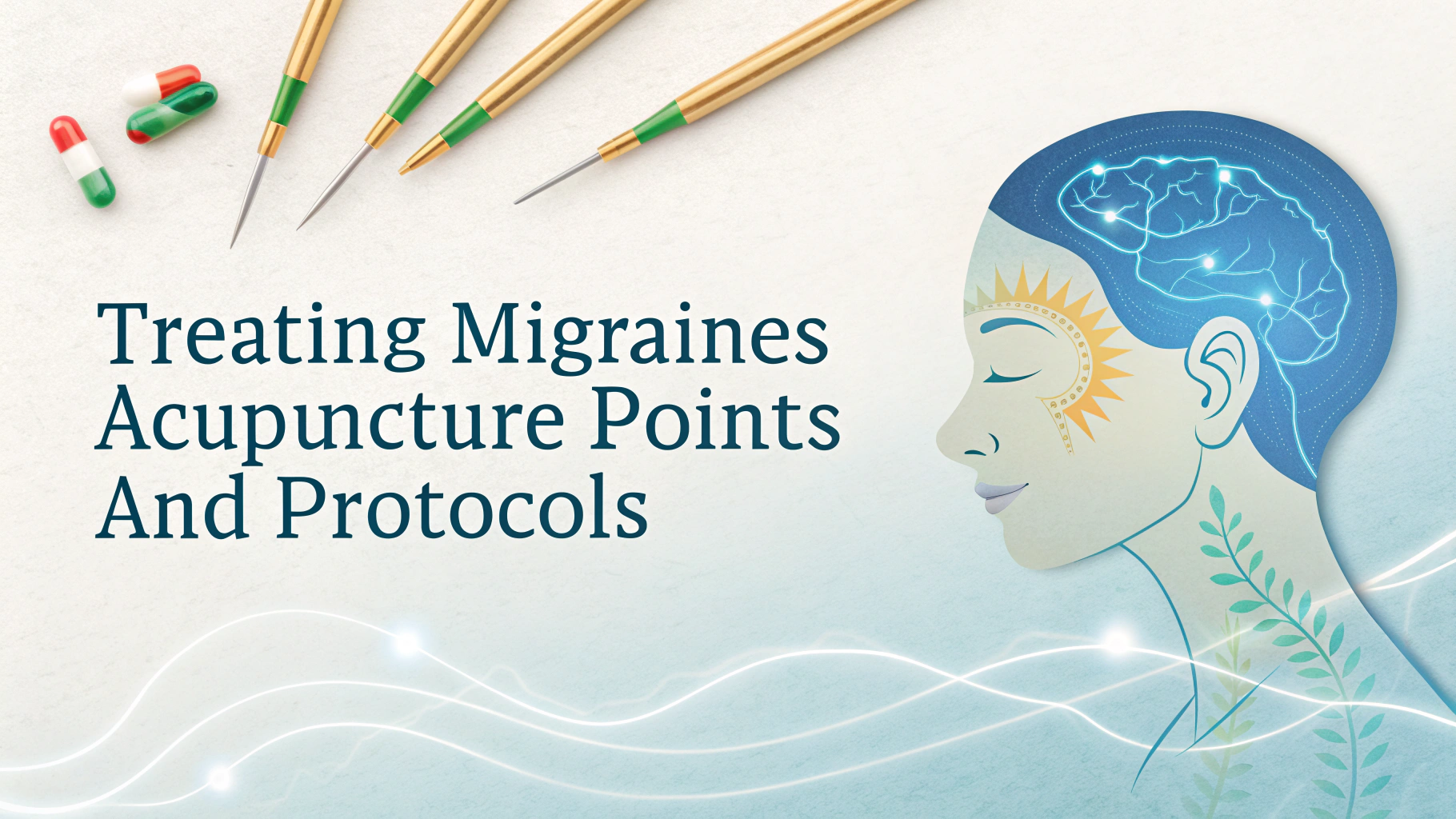
Understanding Treatment Intervals
Treatment Guides
|
frequency, scheduling
Treatment intervals for acupuncture can significantly impact the effectiveness of your healing journey. The frequency of acupuncture sessions depends on your specific health condition, severity of symptoms, and overall treatment ... Read more
